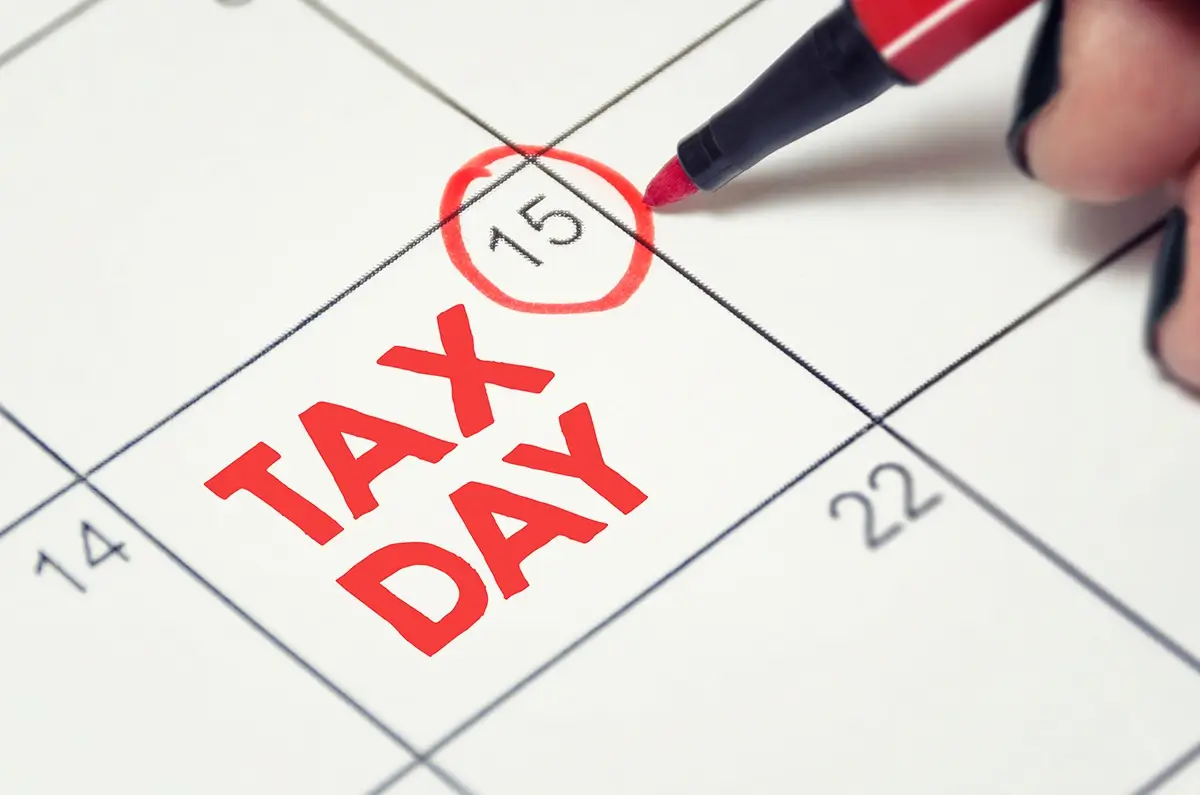No one wants to be audited, but unfortunately it happens. When you own a business, an auditor is not necessarily your favorite person to deal with. To have all of your financial business exposed and analyzed can be a scary thought. But if you conduct yourself with a positive approach, you can use your audit as a tool to expose errors and improve your business.
Organization Counts
Once you know you are going to be audited, you should be getting everything ready for a smooth review. Check to make sure you have a reconciled ‘trial’ balance with any year-end adjustments on the record. Close out the financial year to save the auditor time; it’s very hard to audit when the numbers are continuing to change. Also, have a meeting with your staff as they may be able to assist the auditor(s) in direction or just by giving them space to work.
What’s the Timeline?
To hopefully avoid any surprise visits, communicate and foster good relationships with your auditor(s), if you are able to. Communication is so important to a successful audit – knowing when, with who, and hopefully how long your next audit will be. If you can get a list (in writing) of required documents or info that they will need ahead of time, that is a huge time saver. Remember that if you have a larger business, the audit will be more detailed and take a longer amount of time. If you have deadlines or time crunches on your end, take these into consideration when preparing for the day.
Compliance is Key
Make sure that you are transparent with your finances and that your business is in compliance with any and all financial agreements. Also, if this is your first-year audit, the auditors will likely need more time since they won’t have historical data to refer to.
Documentation is a Must
After the audit is finished, make sure you request any documentation of any changes, balance sheets, or other adjustments made by the auditors. It is important to review notes and calculations that were used during the audit; not only for your own education, but to help your business prepare for the next audit.
An auditor can be your greatest ally and with the right preparation, this process can be as painless as you would hope. Don’t be scared, just be prepared!











